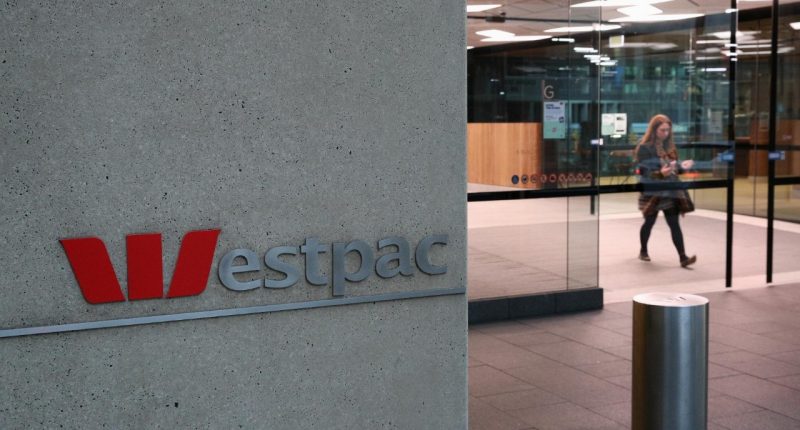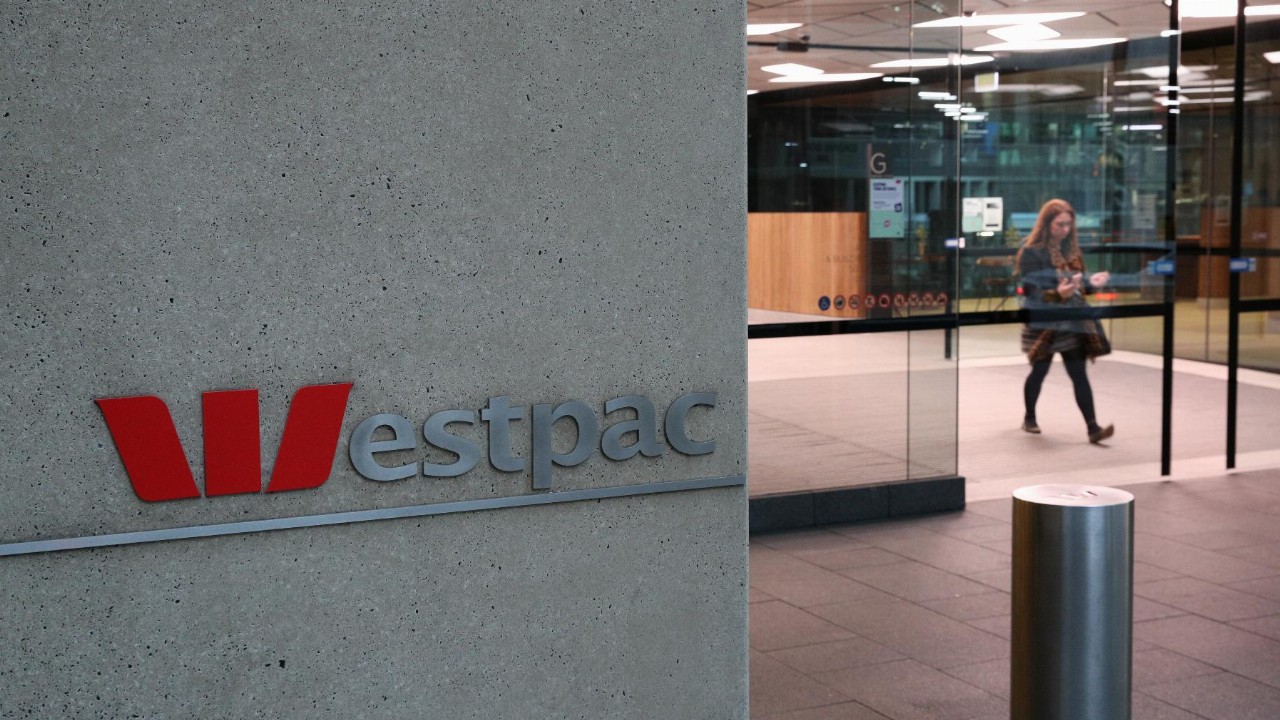- Australian consumer sentiment has spiralled to its lowest point since the early days of COVID-19 lockdowns, though this time the pandemic doesn’t seem to be a factor
- Rather, headline inflation of over five per cent and the RBA’s 25-point rates hike in early May are seeing consumers lose confidence in the economy and their personal finances
- Workers in areas like hospitality, education, and the arts had the weakest level of confidence, while those in mining, IT, and telecommunications registered positive reads
- Meanwhile, an already-weak sub-index measuring consumers’ willingness to buy housing fell a further 1.5 per cent in May
- Despite the sensitivity of consumers to higher interest rates, Westpac says it believes a 0.4-per-cent rates hike in June is still the best course of action for the RBA
Australian consumer sentiment has spiralled to its lowest point since the early days of COVID-19 lockdowns, though this time the pandemic doesn’t seem to be playing a major role.
Westpac’s latest consumer sentiment data showed high inflation and rising interest rates were causing the lack of confidence in Australian consumers around the economy and their own finances.
The Westpac-Melbourne Institute Index of Consumer Sentiment fell by 5.6 per cent to 90.4 points in May — its lowest level since August 2020 when Victoria was entering its second wave of COVID lockdowns.
Westpac said when excluding pandemic-related shocks to consumer confidence, this 5.6-per-cent drop was the steepest fall since June 2015.
The bank said two “stunning” developments were unnerving consumers: headline inflation in late-April topping five per cent for the first time since 2007, and the Reserve Bank of Australia’s 25-point rate hike in early May to bring the cash rate to 0.35 per cent.
“While headline inflation pressures may ease from this point, consumers are aware that the Reserve Bank plans to continue increasing the cash rate for some time,” Westpac said.
The banking giant predicted a string of rates increases over the next 12 months would see the cash rate at 2.25 per cent by May 2023.
Consumers seem to be bracing for a steep rise in interest rates.
“Our May survey found 77 per cent of respondents expect mortgage interest rates to rise over the next 12 months, up from 70 per cent last month.”
At an industry level, Westpac found workers in areas like hospitality, retail, education, and the arts had the weakest level of confidence, while those in mining, IT, and telecommunications registered “solid” positive reads.
Meanwhile, the ‘family finances, next 12 months’ sub-index tumbled a whopping 11.2 per cent to 93.3 points.
Unsurprisingly, rising rates weighed heavily on consumer confidence around the housing market, with an already-weak index measuring consumers’ willingness to buy housing falling a further 1.5 per cent in May. The ‘time to buy a dwelling’ index is now at its lowest level since April 2008.
It seems most consumers predict housing prices will continue to rise over the next year.
Still, despite the sensitivity of consumers to higher interest rates, Westpac said it believed a 0.4-per-cent rates hike in June was still the best course of action for the RBA.
“The point at which interest rates become a damaging drag on the economy is unknown, but it is prudent to balance the need for policy to catch up with the surety that rates are currently well below that inflection point,” Westpac explained.
“The need to avoid an over-shoot later in the cycle is why, despite this disturbing tumble in consumer sentiment, we believe the prudent approach in June would be to lift rates by 40bps rather than the 25 bps that is currently favoured by most analysts.”







